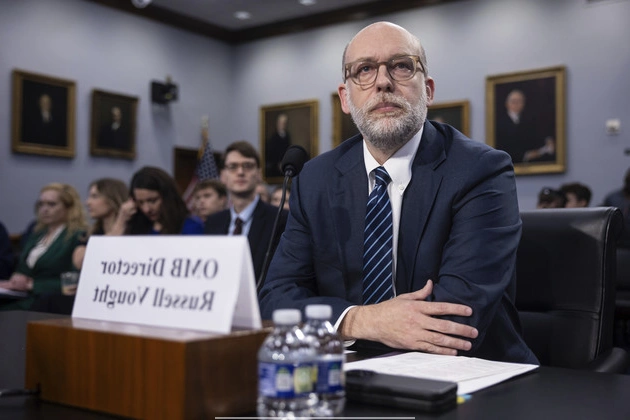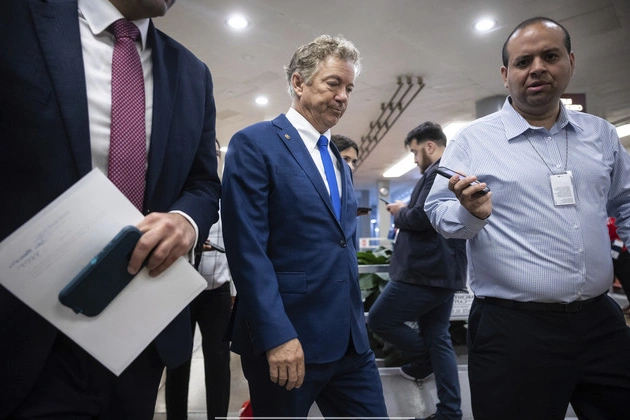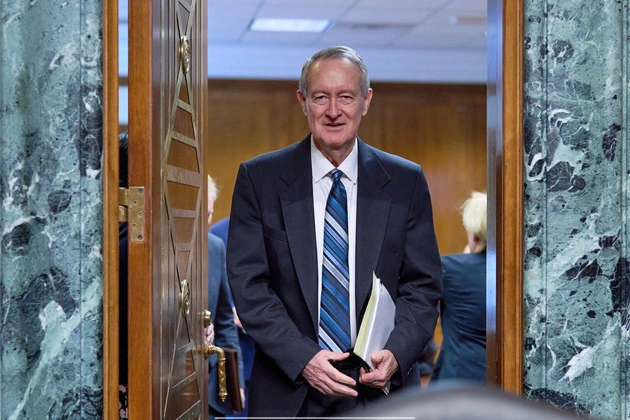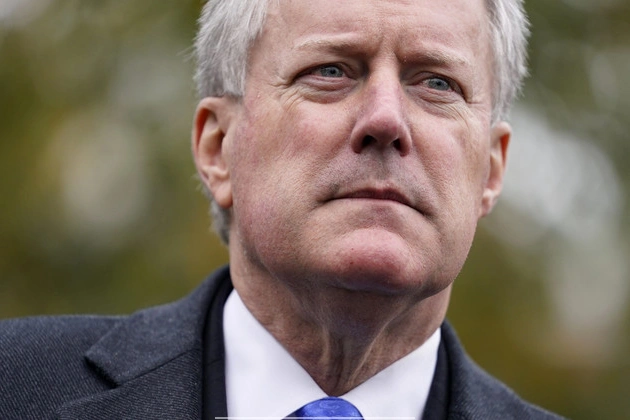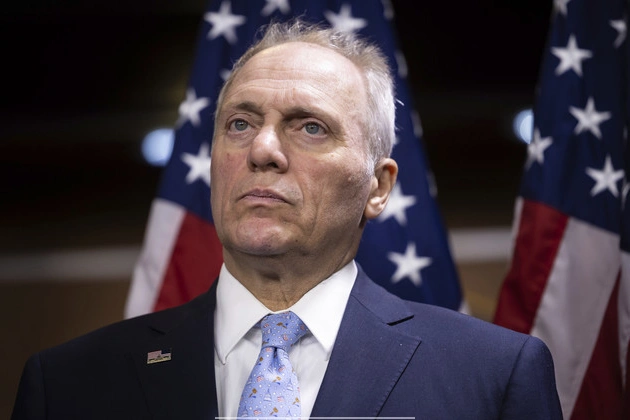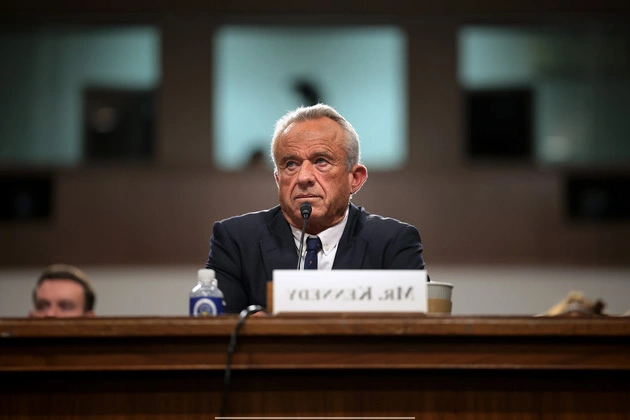
The Department of Health and Human Services welcomes Robert F. Kennedy Jr. as its new leader, following a Senate confirmation in a 52-48 vote. This appointment marks a significant shift for the party landscape, with Kennedy’s plans to target the health care and food industries for promoting detrimental products.
Republicans, traditionally aligned with these sectors, have shown support for Kennedy’s agenda, signaling a departure from previous alliances. On the other hand, Democrats have expressed concerns about his stance on vaccines, citing potential risks to public health.
Championing Health Reform
Robert F. Kennedy Jr., a prominent figure from a renowned Democratic family, brings a fresh perspective to HHS. His commitment to combatting chronic diseases attributed to unhealthy practices in the industry has garnered both praise and criticism.
As he takes the helm of one of the nation’s key health agencies, Kennedy’s vision for a healthier America is poised to reshape policies and regulations. His past criticisms of vaccine practices have sparked debates, highlighting the complexities of public health decision-making.
The Road Ahead
With Kennedy’s appointment, the health sector anticipates significant changes in how issues like drug pricing and food quality are addressed. His unconventional approach and willingness to challenge established norms signal a new era in healthcare leadership.
Despite differing opinions on his suitability for the role, Robert F. Kennedy Jr.’s tenure at HHS promises to be a period of transformation and innovation. Stay informed on the latest developments as America navigates through evolving healthcare landscapes.






